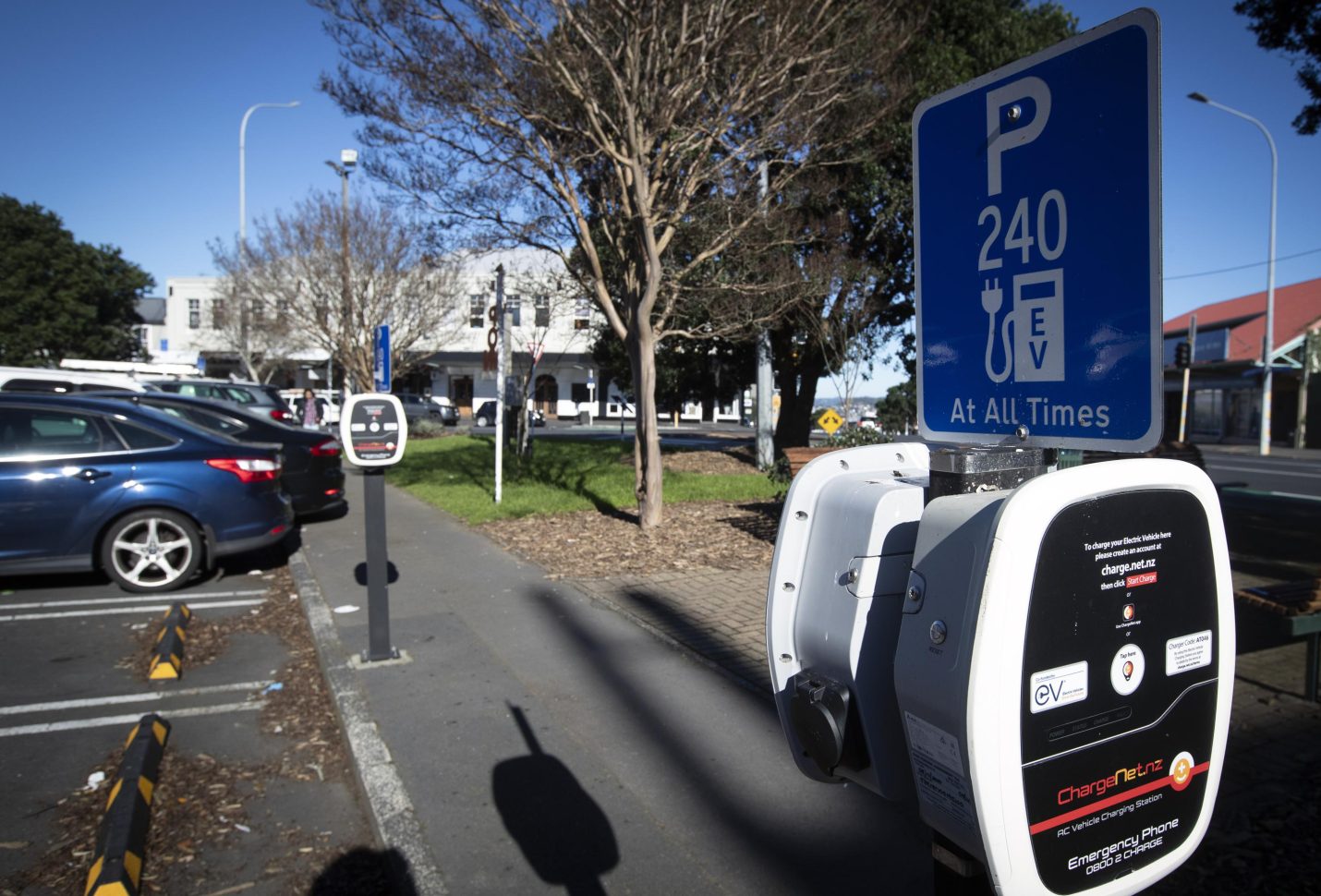
Report highlights 2 Egyptian projects among major clean energy ventures in N.Africa
A report by Energy Capital & Power highlighted two Egyptian projects – Suez Wind Power ...

The Government of New Zealand has released its first emissions reduction plan which sets out how the country will meet the first emissions budget for 2022–25, and be put on track to meet future emissions budgets, according to New Zealand’s Environment Ministry.
These actions will help us to create a climate-resilient future with cleaner air and energy, better transport options and healthier homes.
The Government will ensure wider system-settings support its emissions reduction goals – including emissions pricing, funding and finance, its research, science and innovation system as well as its planning and infrastructure systems.
The Climate Emergency Response Fund has been set up to support this transition as an enduring multi-year funding mechanism with an initial $4.5 billion ‘down payment’ supported by cash proceeds from the NZ ETS.
The Government will ensure the transition to a low emissions economy is fair, equitable and inclusive. No one should be left behind.
Everyone has a role to play. The Government, tangata whenua, local government, industry, businesses and communities must work together to achieve New Zealand’s climate goals.
Over 10,000 New Zealanders have helped to shape this plan. Submissions showed that there is clear support for urgent action on climate change.
This is the first in a series of plans. For each emissions budget, there will be a new emissions reduction plan and a new opportunity for New Zealanders to have their say in how we transition to a low-emissions future.
The next plan must be published by 31 December 2024.
This plan focuses on how New Zealand can reduce emissions, but we also need to adapt to climate impacts that are already locked in. This will primarily be addressed in the national adaptation plan. The consultation on the draft national adaptation plan is currently open.
A report by Energy Capital & Power highlighted two Egyptian projects – Suez Wind Power ...
The opening concert of the Annual Meeting 2025 in Davos-Klosters will address the pressing issues ...
Juhayna Food Industries proudly announced that its agricultural arm, El Enmaa for Agricultural Development, has ...


اترك تعليقا